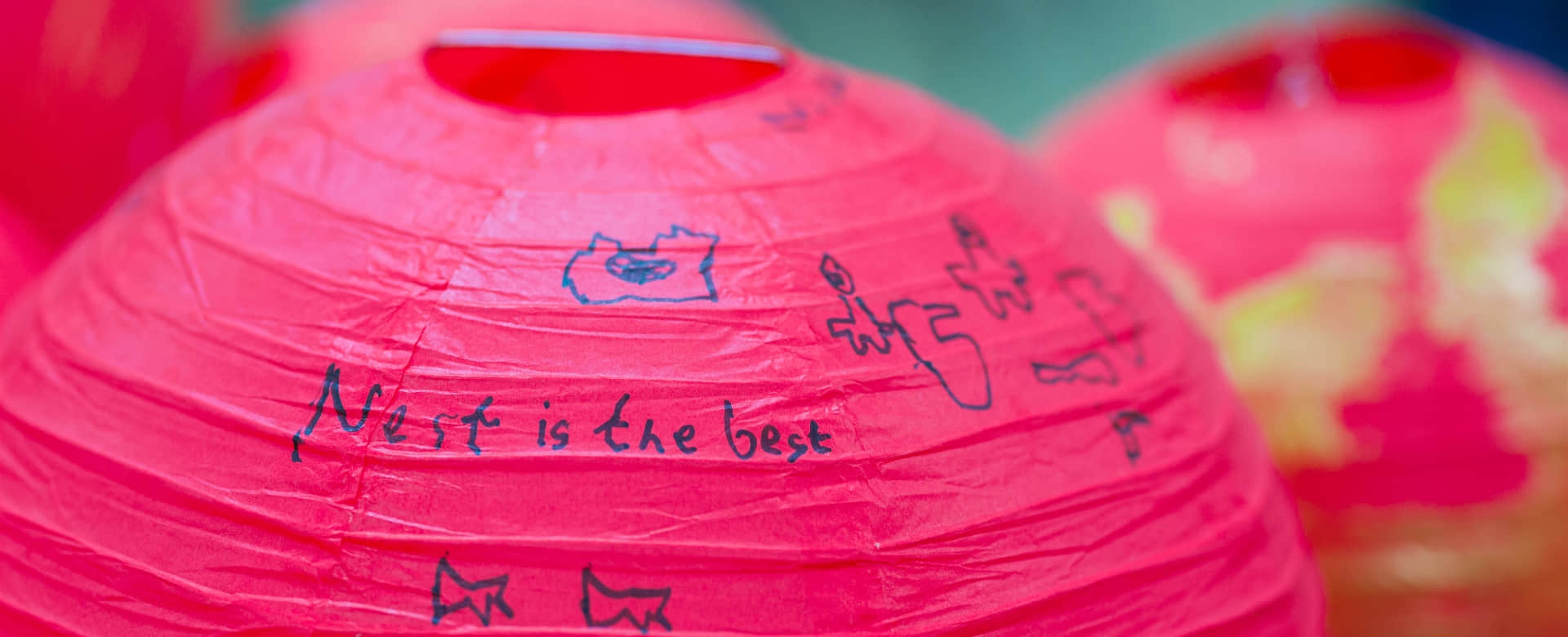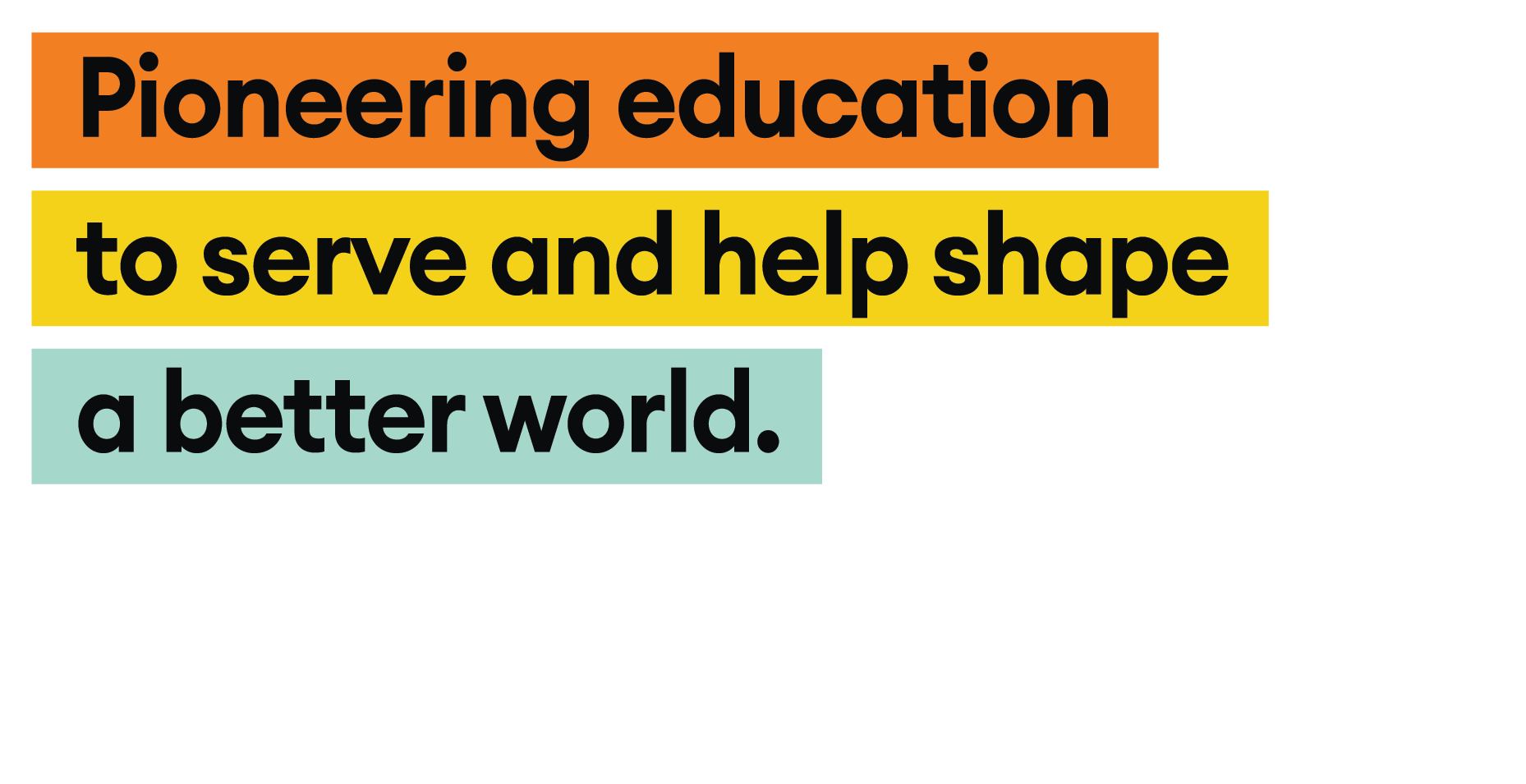Educational Insights | Inquiry-based Maths Learning

Melody Yuan
Year 1 Teacher / Mathematics curriculum Lead
Inquiry Maths establishes a culture of curiosity, collaboration and openness in the classroom. It teaches children how to think outside of the box and develop their independent learning skills.
In Inquiry-based learning, teachers use questions, problems and scenarios to help children learn through individual thought and investigation. Instead of simply presenting facts, the teacher encourages children to talk about a problem and draw on their prior knowledge and learning to understand it. Inquiry-based learning also focuses on letting children ask their own questions - essentially providing their own inquiry. Student-led questions follow teacher-guided inquiry.
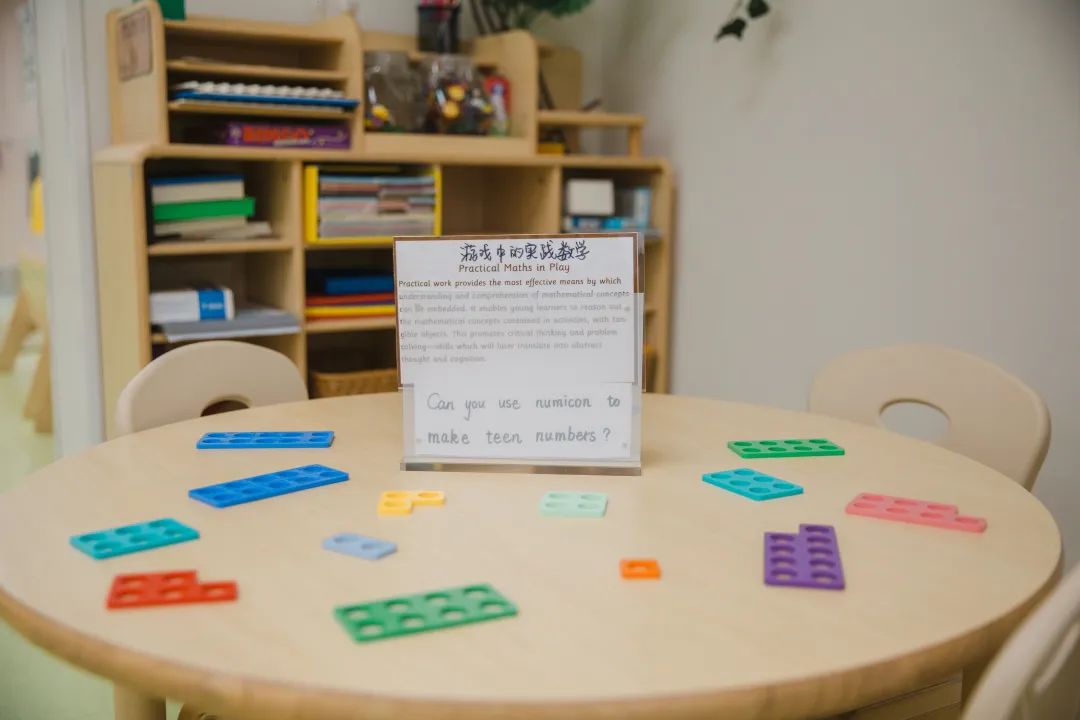
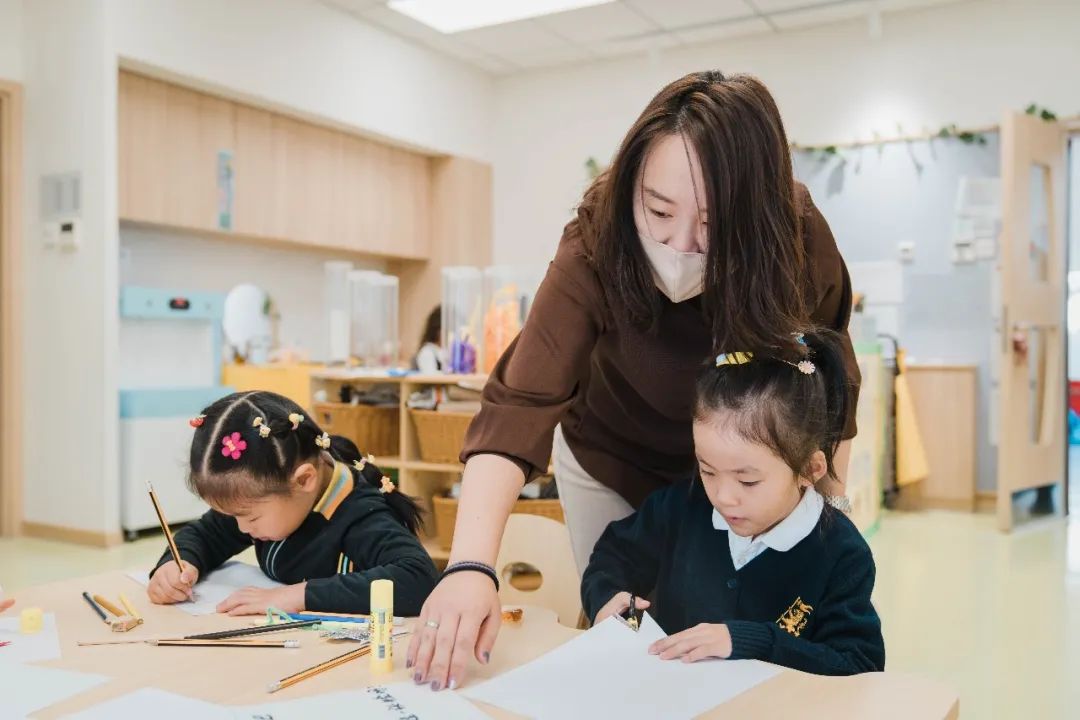
Finding out what the children already know (prior knowledge) is a good place to start any path of inquiry. For example, our children are all familiar with the Olympic Games, therefore we used an Olympic swimming race to introduce ordinal number, 1st, 2nd and 3rd.
When we began our inquiry into money, teachers asked a number of questions. Children could read (or listen to) the questions and write comments as they thought of them, such as ‘Why do we need money?’, ‘Where do we get money from?’ and ‘How did people buy things before they had money?’
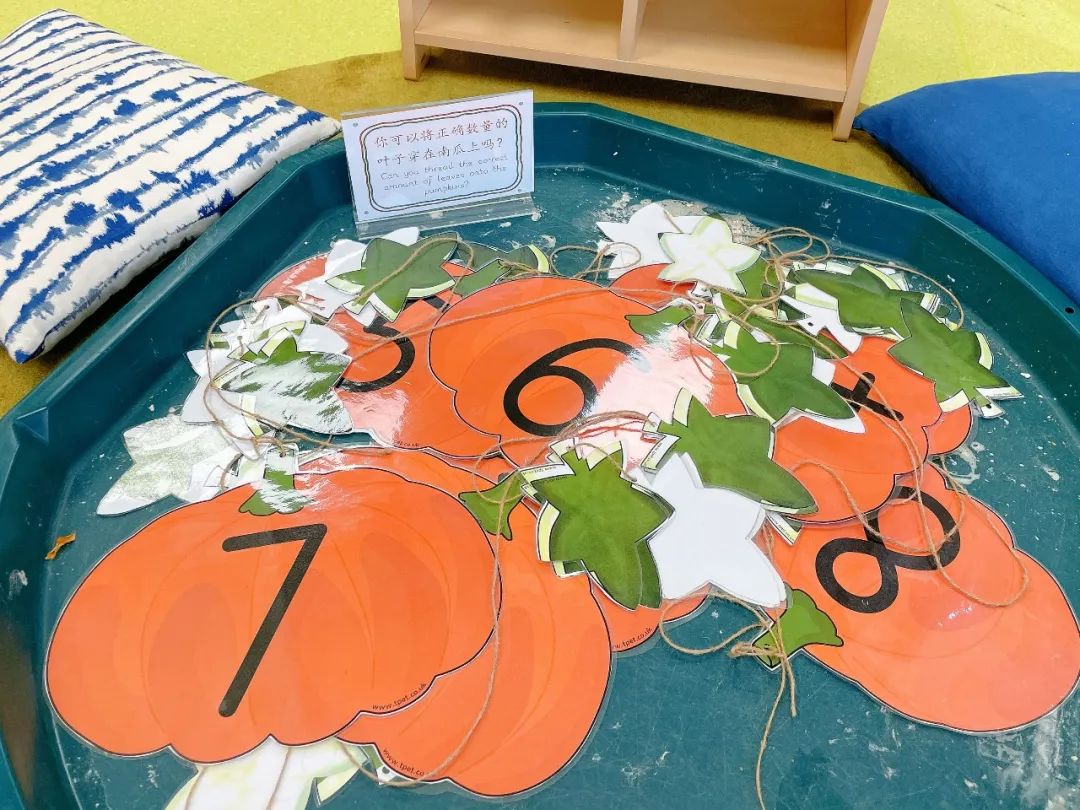
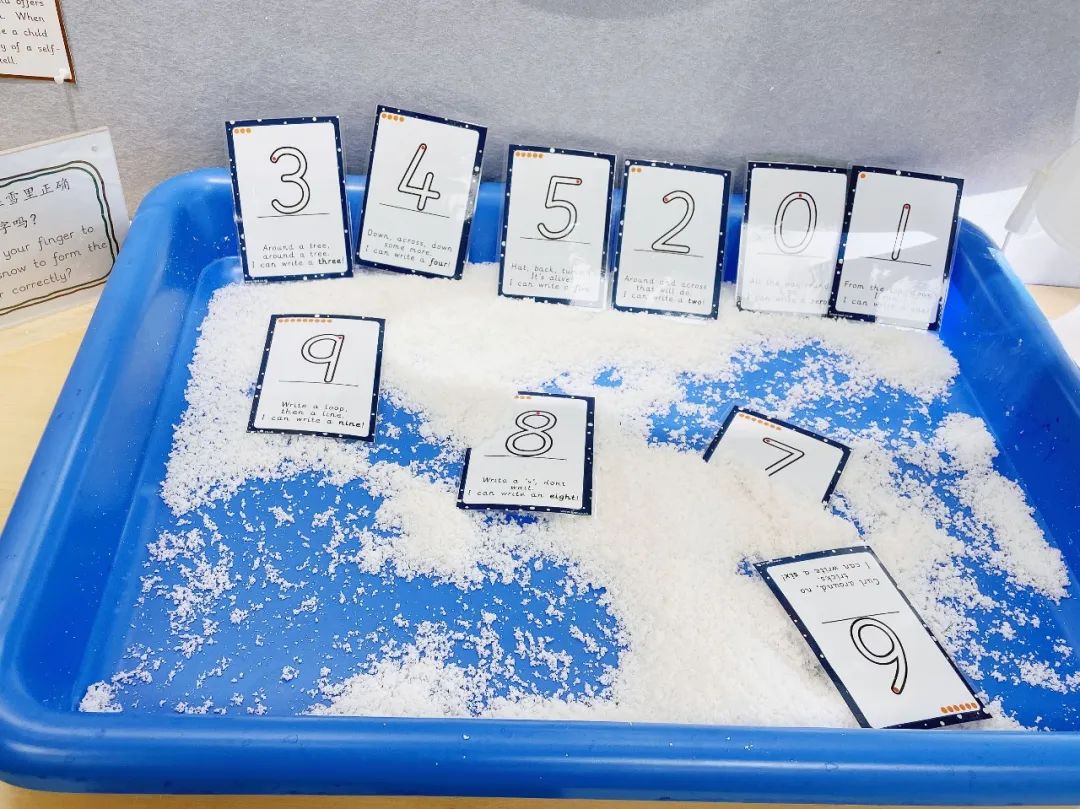
Instead of lecturing about learning goals, the teacher cultivates a learning environment and helps children explore it through questions and experiences. Inquiry Maths involves the class in questioning, conjecturing, generalising and proving, and, when required, in listening to an explanation. For example, the teacher draws a picture of two hills: one taller and one longer. The teacher asks, "Which hill is steeper?" The question may stimulate a lively discussion or a debate about the correct answer. In Inquiry Maths, children learn to take responsibility for directing the lesson with the teacher acting as the arbiter of legitimate mathematical knowledge and activity.
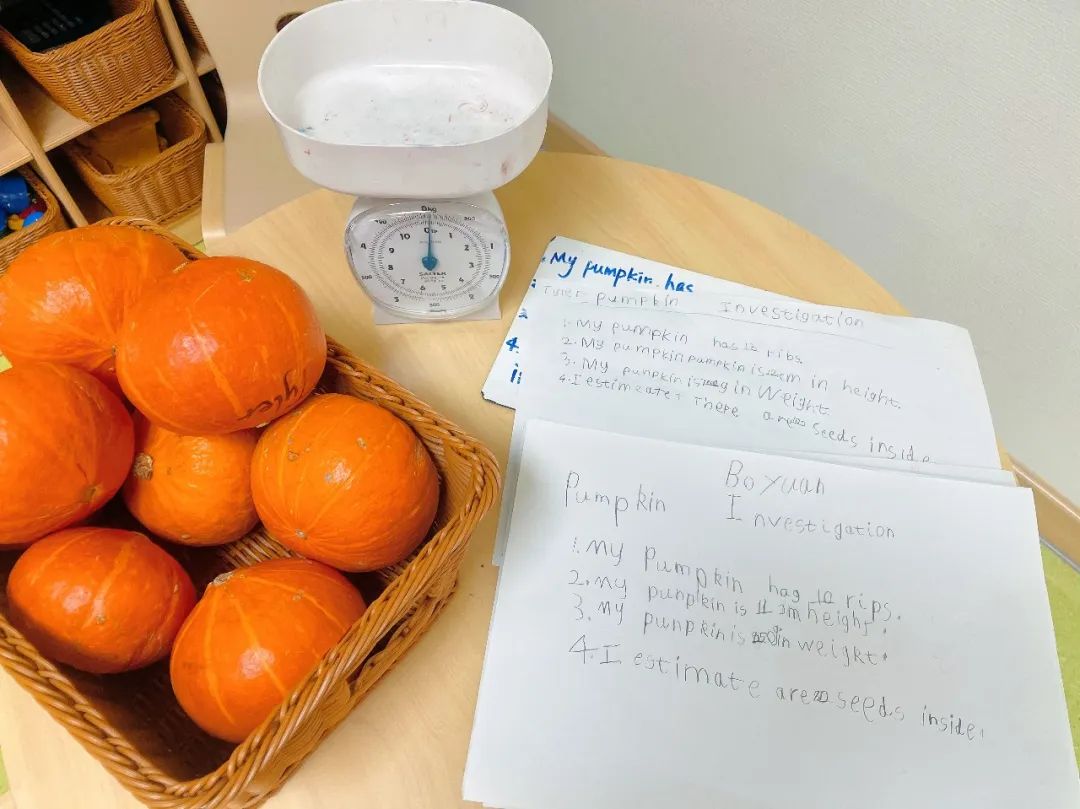
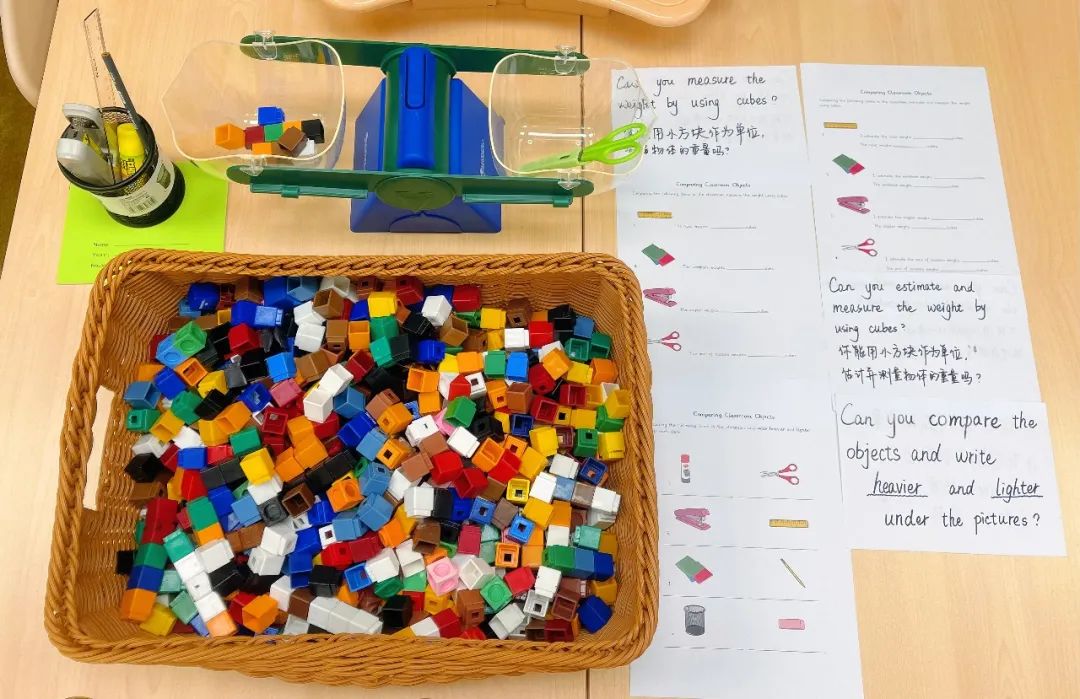
For example, in Year 1, while delivering the concept of Odd and Even numbers, we begin the lesson by reading the story, Odd Tod and Even Steven. In the classroom, out of children’s interest, we provide activities like sorting and grouping odd and even numbers. They have opportunity to practice sorting odd and even numbers in a challenging activity which involved counting, number recognition, even basic subtraction and addition.
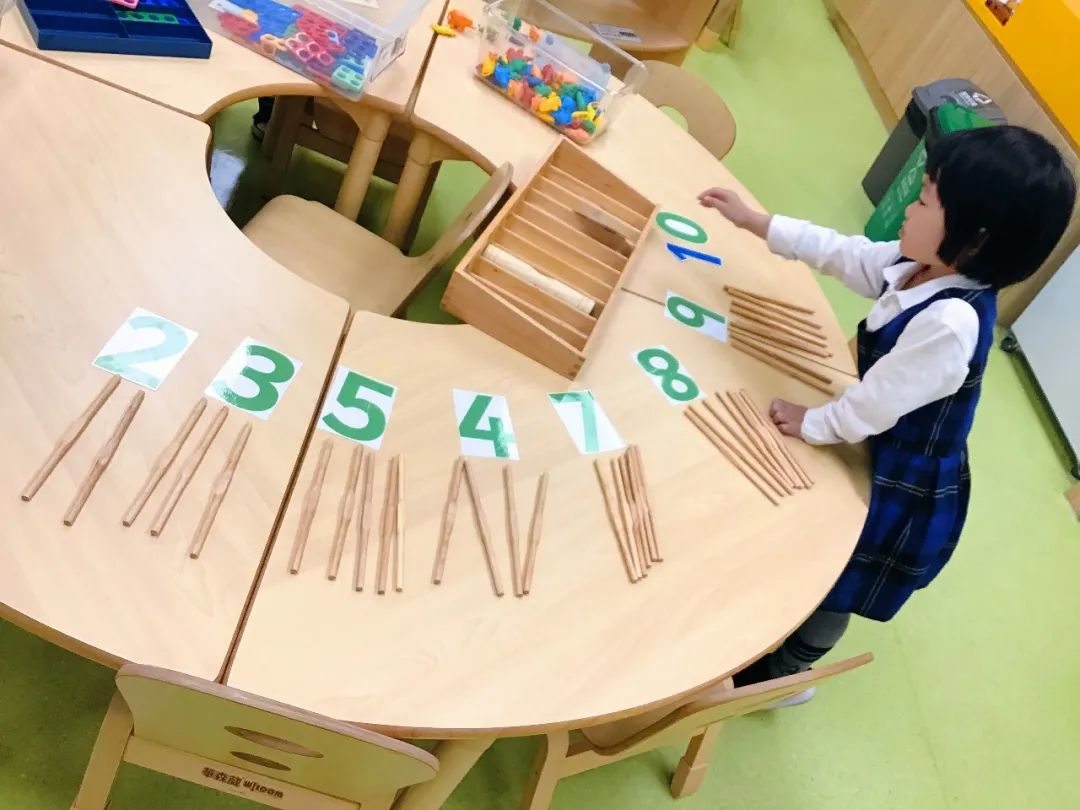
As an outdoor activity, we together drew a very long snake that showed most of the numbers from one to one hundred, and the children decided to hop on the odd and jump on the even number. There is a short video of a girl who had a go. She made a mistake in the middle, was able to identify her error and corrected herself. At this moment, as her teacher, I knew she had understood the concept. Also, that her new level of metacognition has enabled her to be more responsible for her own learning, allows her to review her actions, change tack, learn from her mistakes and to make progress.
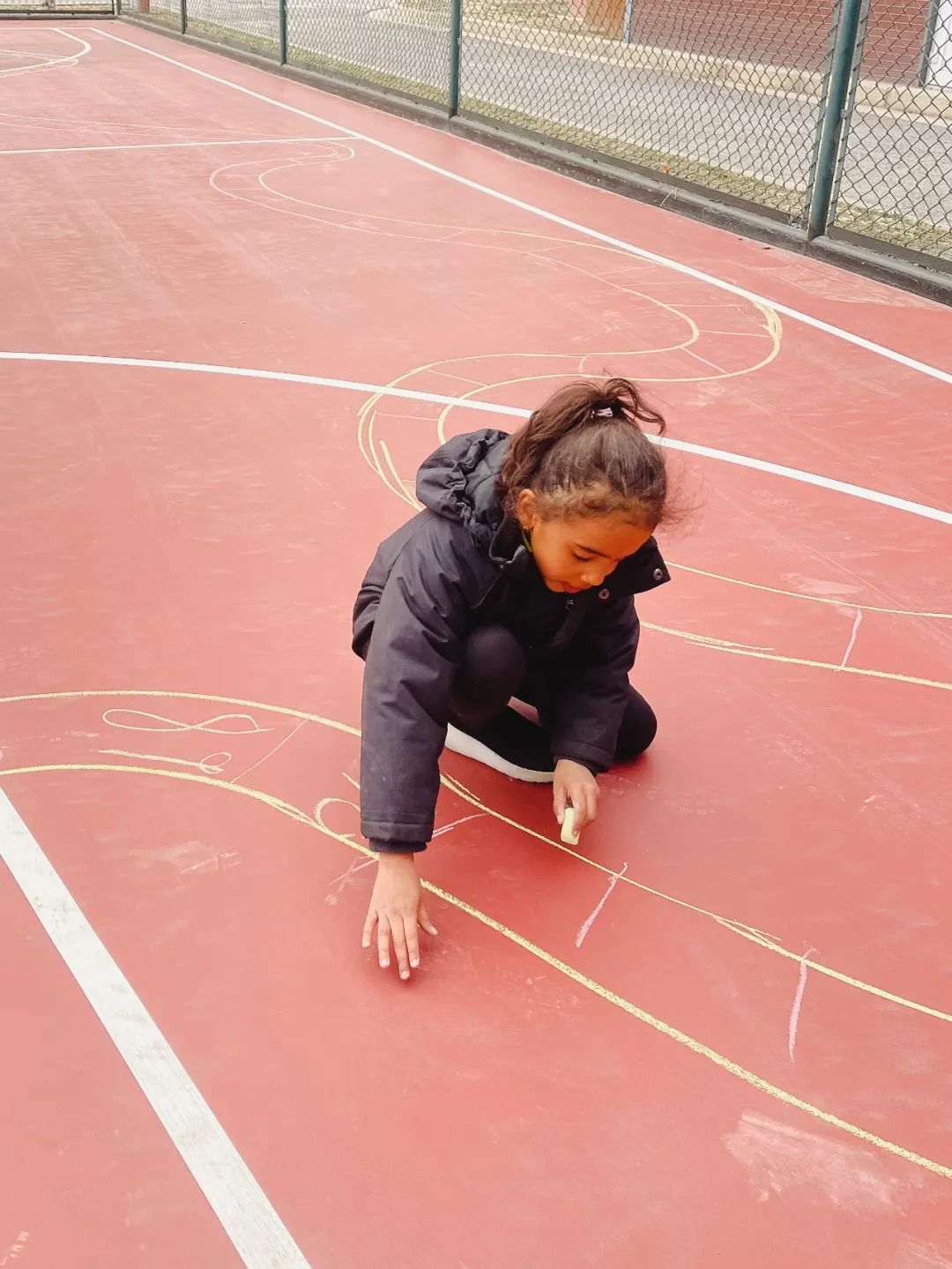
While investigating measurement, a child came to school in the morning and made an extremely long necklace. She asked me for help in measuring the length of the necklace. A boy saw this and wanted to help too. We used meter rules to measure the length of the necklace and compared it to the height of the two of them together. After that we had an in-depth discussion about SLU-Standard Length Unit, and why we use it.
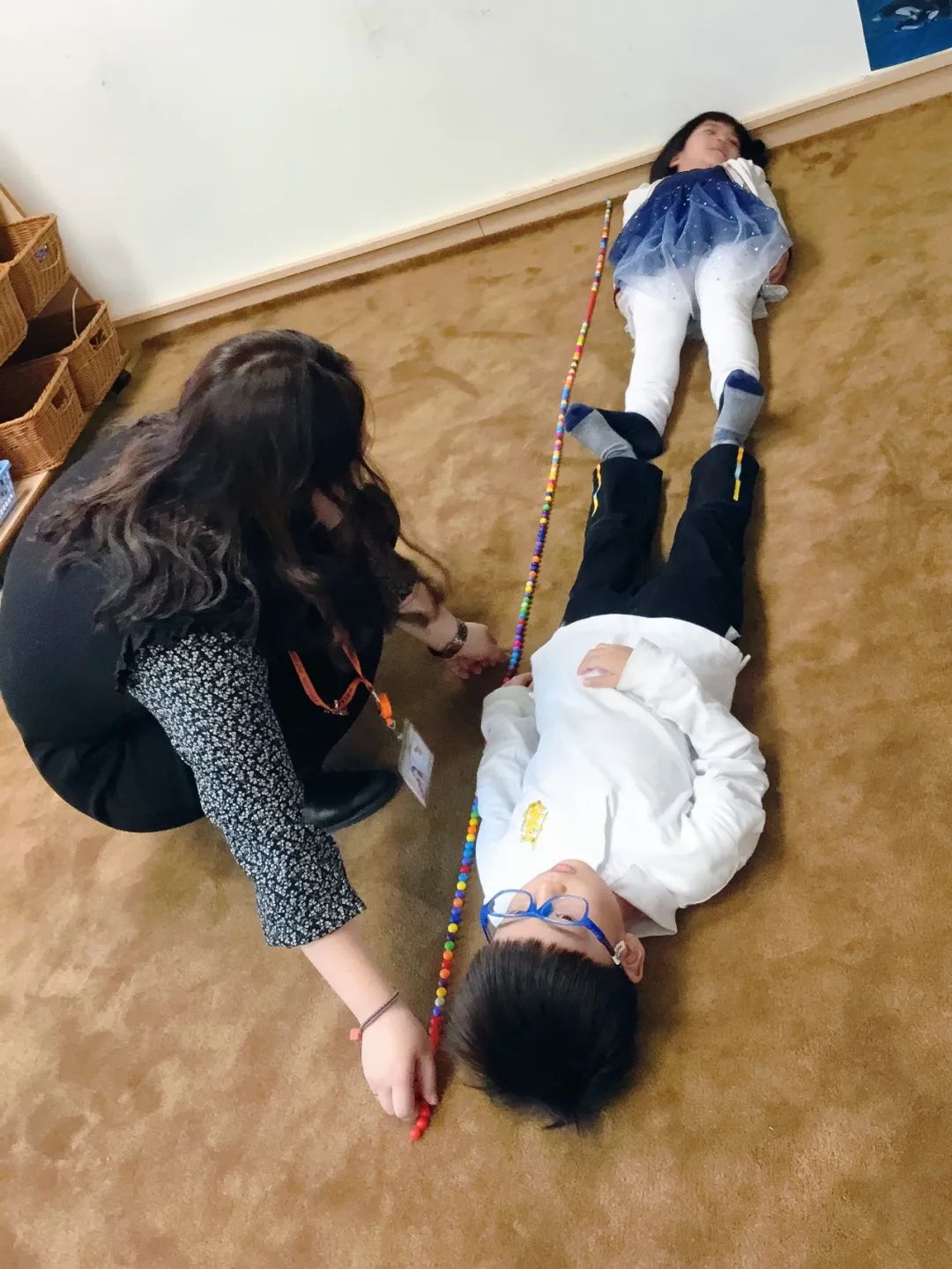
Under the theme of China, we learnt our capital city, differences between south and north part of China. One day morning, a boy was investigating the puzzle map of China, he came to me and asked how many provinces and direct cities we have in China and the order of area size. We used Google engine searched on a school Ipad to find out the answers together. Then he set all the puzzle pieces according to that order and put those back one by one from the biggest to the smallest.
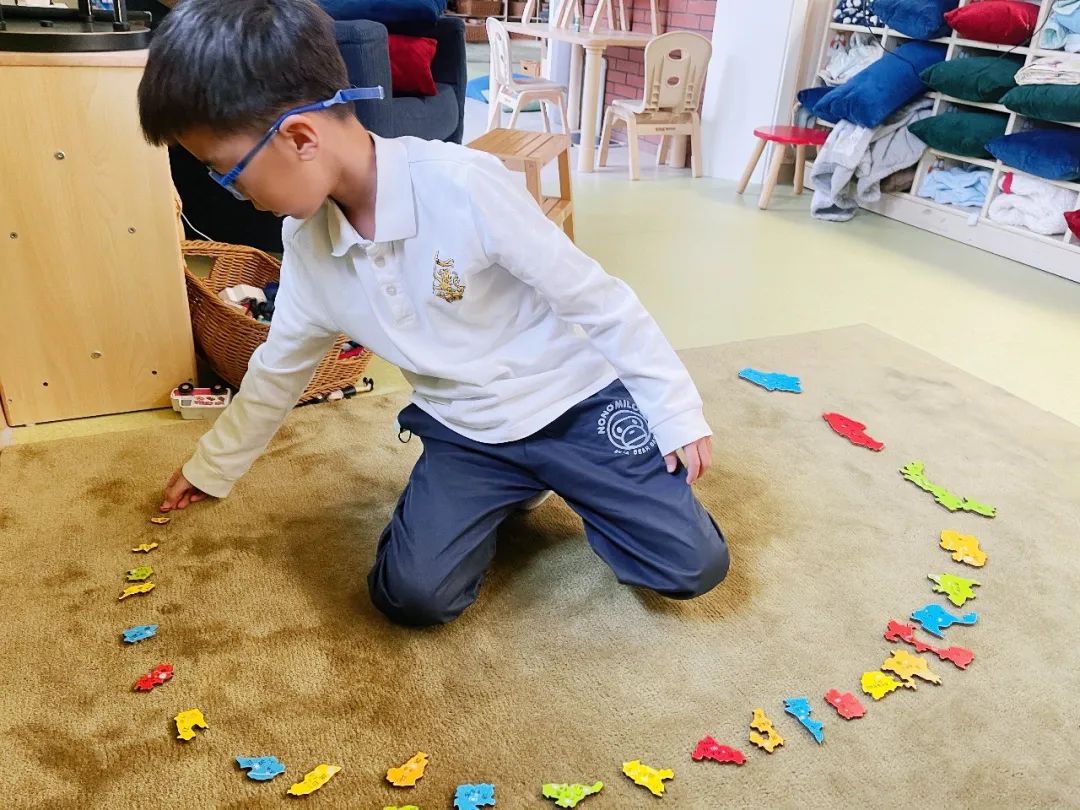
Inquiry Maths establishes a culture of curiosity, collaboration and openness in the classroom. It teaches children how to think outside of the box and develop their independent learning skills.
Related Articles








 Channel
Channel 
 Linkedin
Linkedin  Weibo
Weibo  Facebook
Facebook  Ins
Ins 


